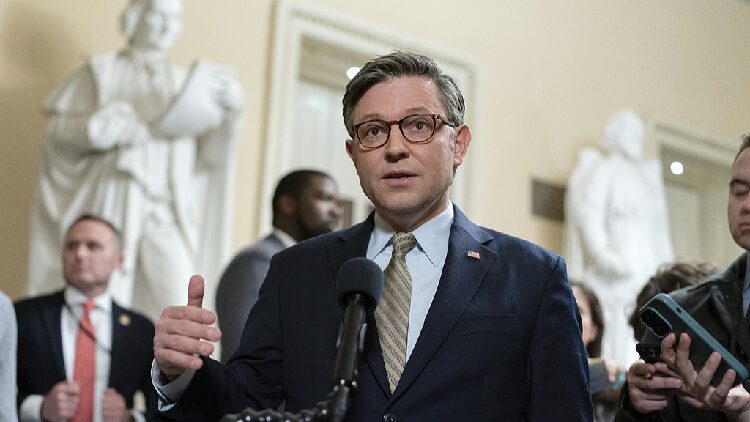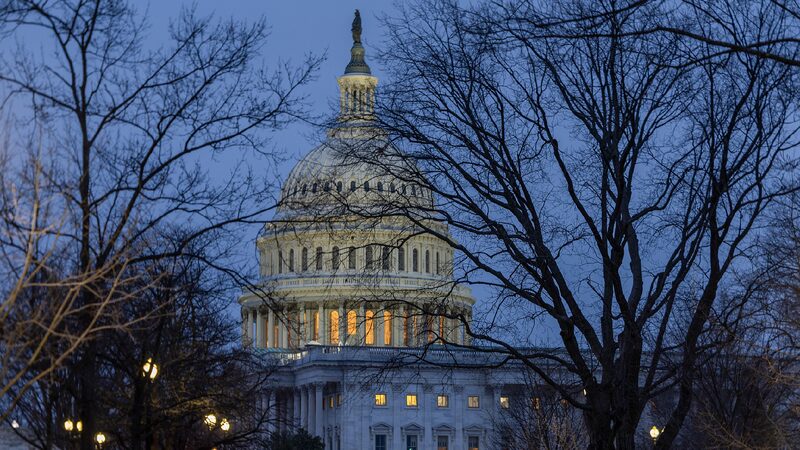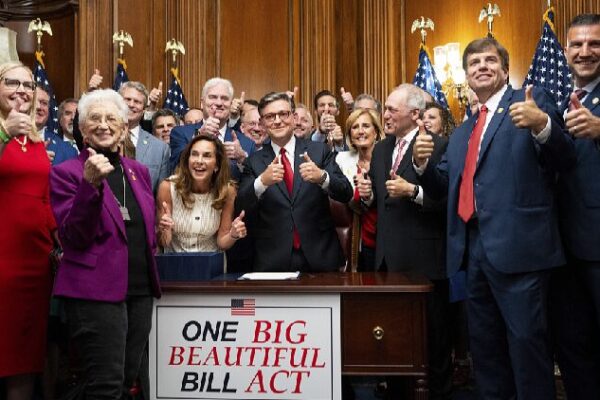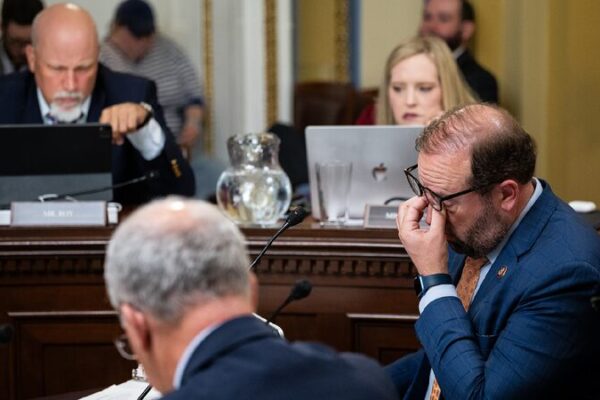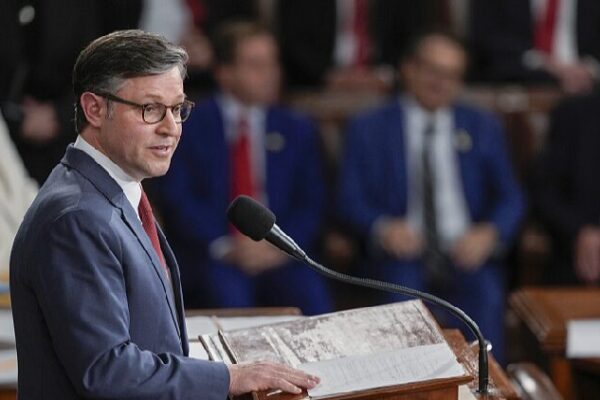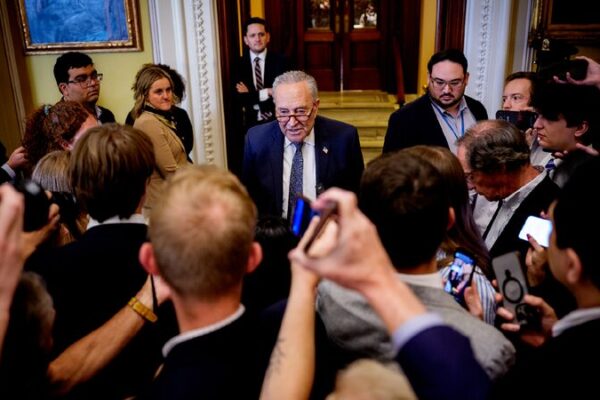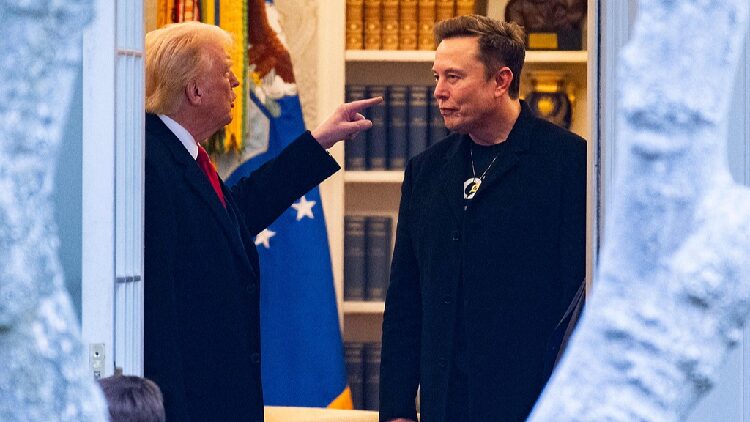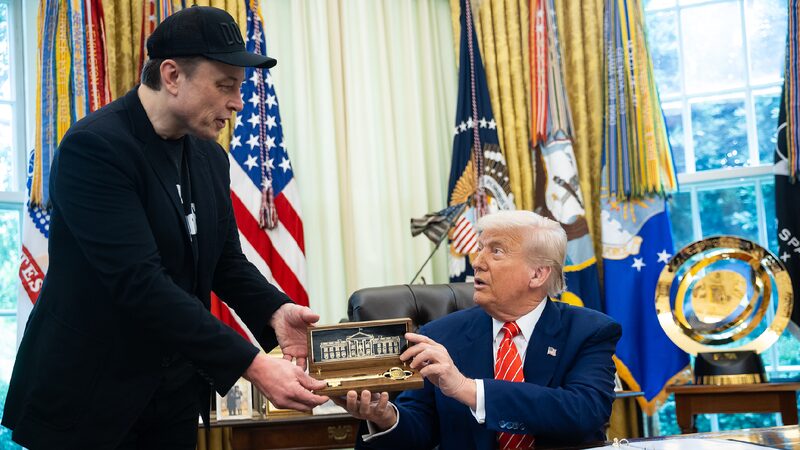U.S. House Passes Stopgap Bill to Avert Government Shutdown
The United States House of Representatives passed a temporary spending bill on Friday, narrowly avoiding a potential government shutdown just hours before the deadline. This move followed a turbulent week of negotiations spurred by President-elect Donald Trump’s unexpected intervention.
The House voted 366-34 in favor of the stopgap measure, which keeps the government funded at current levels until mid-March. This extension grants lawmakers more time to negotiate a comprehensive spending plan. Notably, all 34 opposing votes came from Republican lawmakers.
Earlier in the week, a bipartisan 1,500-page bill was introduced to maintain government funding until March 14. This proposal included $100 billion for disaster relief and a one-year extension of the farm bill, providing an additional $10 billion in aid for farmers.
However, President-elect Trump opposed the bipartisan bill, advocating for a “streamlined spending bill that doesn’t give the Democrats everything they want.” He also demanded an increase in the nation’s debt ceiling.
In response, House Speaker Mike Johnson and Republican leaders drafted a revised 116-page bill. This new proposal maintained current funding levels until March 14 and included the disaster relief and farm aid but removed several policy provisions from the original bill. It also extended the debt ceiling through January 30, 2027, aligning with Trump’s request.
Despite these adjustments, the revised plan failed to pass on Thursday due to opposition from Democrats and some conservative Republicans. While certain conservatives were hesitant to raise the borrowing limit, Democrats resisted last-minute changes to accommodate Trump’s debt ceiling demands.
Facing a looming shutdown, Republican and Democratic leaders revisited negotiations. Just six hours before the deadline, both sides reached an agreement, passing a new short-term spending bill to keep the government operational.
Typically, Congress is required to pass appropriations bills for the new fiscal year by October 1. In recent years, intense partisan disputes have often led to delays, necessitating temporary funding measures to prevent government shutdowns. In late September, Congress had passed a short-term bill extending funding until December 20.
Reference(s):
U.S. House passes stopgap funding bill aimed at averting govt shutdown
cgtn.com
